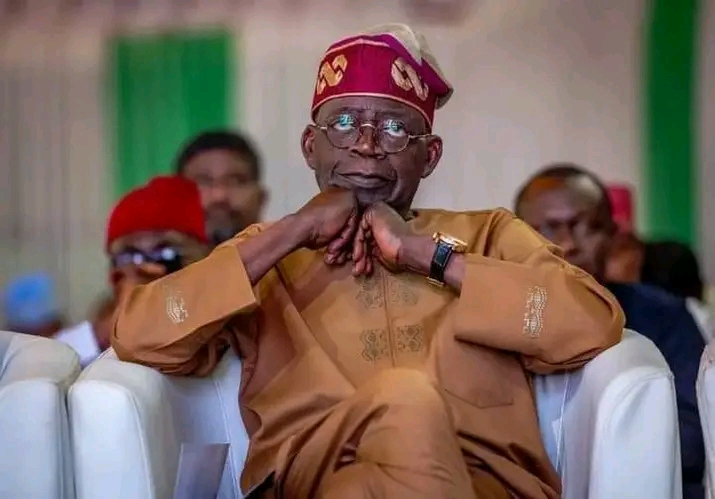Nigeria’s External Debt Profile Sets to Hit Over $51.759bn
Following the latest move by President Bola Tinubu to borrow an additional $8.6 billion and €100 million foreign loans, Nigeria’s external debt profile will hit over $51.759 billion.
The President’s request is part of the external borrowing plan for 2022-2024 for critical infrastructure, such as power, roads, water, railways, and health.
The country’s external debt stock as of June 2023, according to data from the Debt Management Office, DMO, stood at $43.159 billion, while its domestic debt stock is N54.130 trillion.
Analysis of the external debt showed that multilateral borrowing gulped $20.790 billion; bilateral, $5.518; commercial, $15.618 billion; promissory notes $931.7 million and $300 million.
Meanwhile, Nigeria’s total public debt (domestic and external) as at June 2023 stood at N87.379 trillion.
President Tinubu, also forwarded to the National Assembly for consideration the Federal Capital Territory, FCT, supplementary budget and will officially present the 2024 Appropriation Bill to a joint session of the National Assembly today.
The letter for the request was read by President of the Senate, Senator Godswill Akpabio, and Speaker of the House of Representatives, Tajudeen Abbas, at plenary yesterday.
The letter reads: “I write in respect of the above subject and to submit the attached Federal Government’s 2022-2024 external borrowing plan for consideration and early approval of the National Assembly to ensure prompt implementation of the projects.
“The Senate may wish to note that the past administration approved a 2022-2024 borrowing plan by the Federal Executive Council, FEC, held on May 15, 2023.
“The project cuts across all sectors, with specific emphasis on infrastructure, agriculture, health, water supply, roads, security, and employment generation as well as financial management reforms.
“I would like to underscore the fact that the projects and programmes in the borrowing plan were selected based on economic evaluations as well as the expected contribution to the social economic development of the country, including employment generation, and skills acquisition.
“Given the nature of these facilities, and the need to return the country to normalcy, it has become necessary for the Senate to consider and approve the 2022- 2024 external abridged borrowing plan to enable the government deliver its responsibility to Nigerians.”
A similar letter sent to the House of Representatives read: “Considering the huge infrastructure deficit in the country and the enormous financial resources required to bridge the gap in funding infrastructure in the face of dwindling financial resources, it has become imperative that we resort to prudent external borrowing to bridge the financial gap which will largely be applied to key infrastructure projects, including power, railway, health among others.
“Given the nature of these facilities and the need to return the country to normalcy, it has become necessary to request the House of Representatives to consider and approve the 2022-2024 external abridged borrowing rolling plan to enable the government deliver its responsibilities to Nigerians through expeditious disbursement and efficient project implementation.”
Analysts react:
What is needed is probity, accountability utilization of borrowed funds— Amolegbe
Reacting to the President;s request yesterday, Olatunde Amolegbe, immediate past President of the Chartered Institute of Stock Brokeers, CIS, said : “The truth is that external borrowing for infrastructure development is not a bad thing in as much as the infrastructure is built and at a reasonable cost.
“We cannot hope to have a developed and production-based economy without infrastructure and financing those with internally generated revenue sources could take forever and cost much more ultimately.
‘’What is needed is probity and accountability in the utilization of borrowed funds and execution of projects.”
Vanguard.
